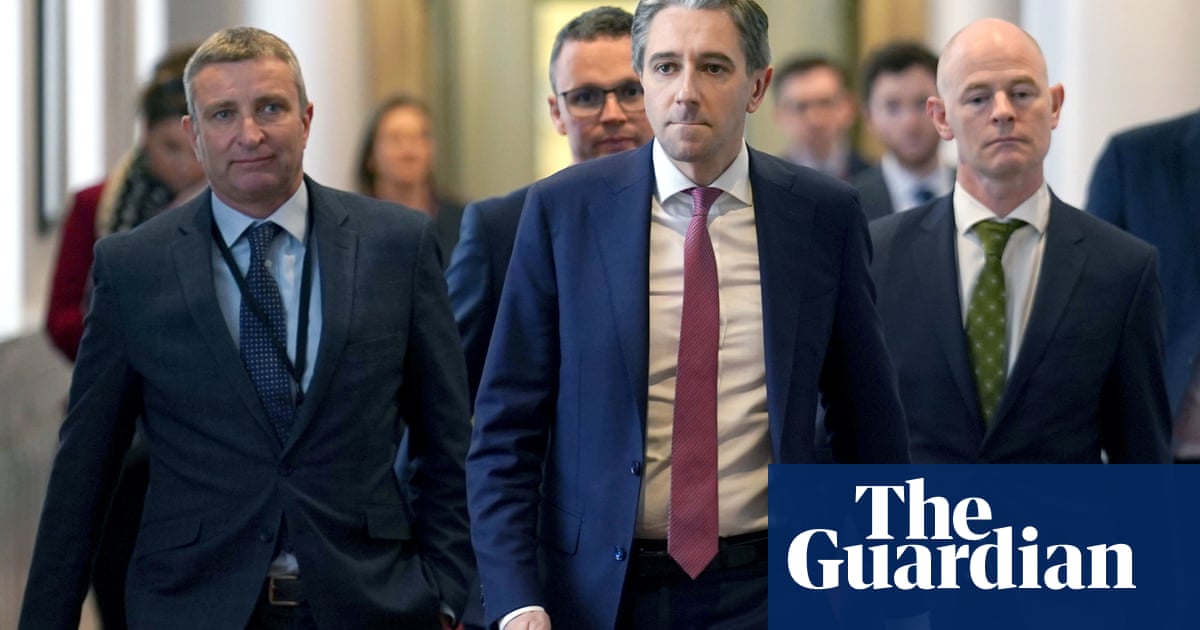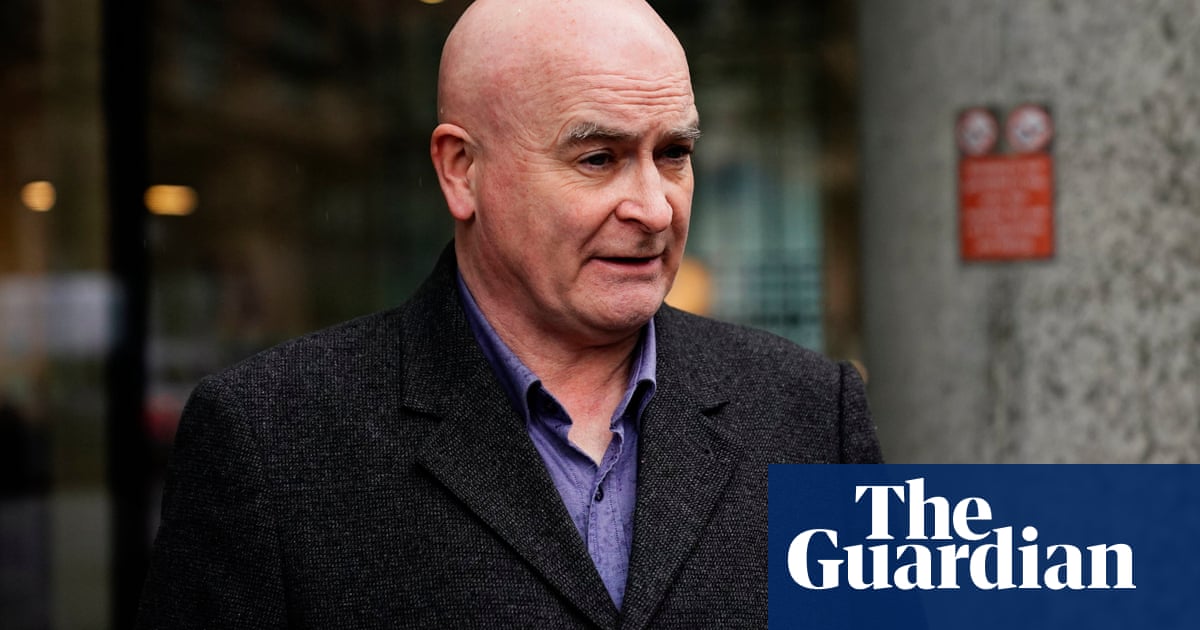
Unions are expected to back a policy of defiance over a recently passed law aimed at restricting strikes in public services, in a move that could cause a political headache for the Labour leader, Keir Starmer.
A motion calling for non-compliance and non-cooperation to requirements for minimum service levels is predicted to pass at the TUC’s annual congress in Liverpool on Monday, after it was waved through a composite meeting on Thursday.
It could mean that public sector workers, including nurses, ambulance crew, customs officers and firefighters would be asked by their unions to refuse to comply with the law demanding that they work during an industrial dispute.
Unite and the Fire Brigades Union (FBU) supported the motion and no major unions have publicly opposed it.
The motion was proposed by non-affiliated unions NASUWT and the RMT. However, the Labour-affiliated FBU was one of its main drivers.
The motion says: “Congress agrees that we have no choice but to build mass opposition to the MSLs laws, up to and including a strategy of non-compliance and non-cooperation to make them unworkable, including industrial action.”
The FBU general secretary, Matt Wrack, who is set to be elected as TUC president on Wednesday, said: “The minimum service levels bill is one of the most draconian attacks in decades on the rights of working people to defend their jobs, wages and conditions.”
He described the motion as “a statement of intent that our movement will fiercely resist this authoritarian legislation”.
Wrack added: “It’s also sending a clear signal to the next Labour government that there must be no ‘backsliding’ on commitments given by the party leadership to repeal anti trade-union legislation and deliver significant improvements on workers’ rights.”
Starmer has promised to repeal the law if he gets into power, but with some public sector disputes still ongoing, government ministers could seek to exploit any campaign of non-compliance in the coming months to attack Labour.
The minimum service levels law was passed this year as the government faced a wave of disruptive public sector strikes, across health, education and transport.
It will allow employers to issue a “work notice” before a strike, specifying which employees it deems necessary to maintaining a minimum level of operation, and what work they should be doing.
Regulations enacting the new law have not yet been laid by the government, but are expected to allow bosses in health, fire, ambulance, rail and nuclear commissioning to sue unions and sack employees if minimum levels are not met.
Some moderate unions are more sceptical of the non-compliance approach in private. “We’re not going to allow ourselves to be fined out of existence,” said one union source.
The TUC fiercely opposes the minimum services legislation, but is expected to stress that it is not encouraging workers to break the law.
Instead, unions could adopt alternative strategies such as pursuing voluntary agreements with employers, akin to those adopted during the early days of the strikes by ambulance workers and nurses last year, in an effort to avoid work notices being issued in the first place.
The TUC’s head of rights, Nicola Smith, described the legislation as “toxic to good industrial relations”.
“It’s completely counterproductive to resolving a dispute effectively, which as we all know involves getting round the table and talking face to face,” she added.
Strikes by teachers, nurses and ambulance workers have come to an end after the government made more money available, but industrial action continues across the train network and in a string of government departments.
Starmer will attend a dinner at TUC Congress on Monday, underlining the continued importance of unions to his party, as Labour prepares for a critical general election, likely to come next year.
He was warmly received at last year’s gathering, when his speech included a slew of pro-worker policies, but some unions have expressed concerns more recently about Labour’s direction.
This week, the TUC general secretary, Paul Nowak, urged Labour to bring in a wealth tax to fund improvements to public services, an idea recently rejected by the shadow chancellor, Rachel Reeves. Nowak said the UK needed an “economic reset” after “the grotesque inequality of the Tory era”.












